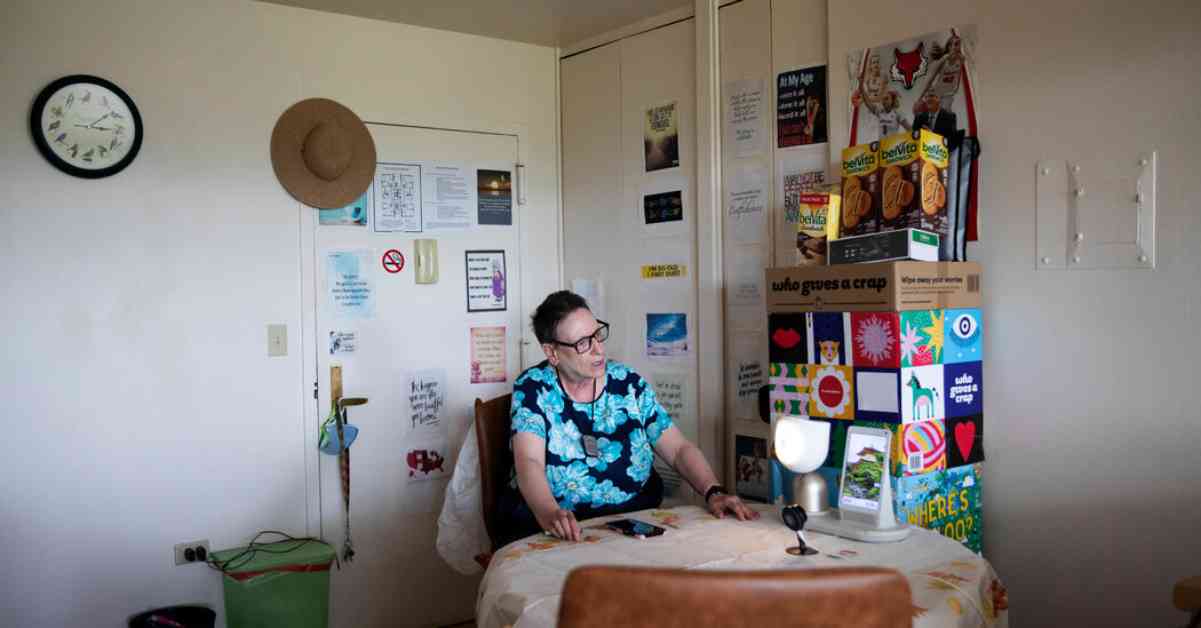The Summer Reading Contest organized by The New York Times has been a platform for teenagers worldwide to share their thoughts on various articles. This year, students had the option to submit written comments or 90-second video responses. In the sixth week of the competition, over 1,000 entries were received, with Alex Cox emerging as the winner.
Alex, a 16-year-old from Bethesda, Md., reacted to an article titled “For Older People Who Are Lonely, Is the Solution a Robot Friend?” In his response, he raised thought-provoking questions about the impact of artificial companionship on human connections, particularly for the elderly. He shared a personal anecdote about spending time with his nearly 96-year-old grandfather and highlighted the value of genuine human interaction over synthetic friendship.
While technology like ElliQ may provide some level of companionship, Alex emphasized the irreplaceable nature of real human connection, especially for those in the later stages of life. He underscored the importance of sharing stories, traditions, and experiences across generations, something that a robot could never fully replicate.
In a world where artificial intelligence is advancing rapidly, Alex’s reflection serves as a reminder of the enduring significance of human relationships. As we navigate the complexities of modern technology, it is essential to prioritize genuine connections and meaningful interactions, especially for vulnerable populations like the elderly.
The Summer Reading Contest not only encourages young people to engage with current issues but also sparks valuable conversations about the intersection of technology, humanity, and empathy. Through Alex’s winning entry, readers are prompted to consider the true essence of friendship and the profound impact it can have on individuals, regardless of age or circumstances.



